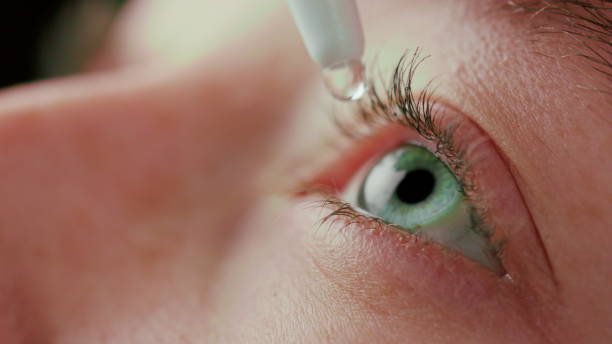
New eye drops combining pilocarpine and diclofenac have shown promise in reducing reliance on reading glasses for presbyopia.
A recent clinical study presented at the European Society of Cataract and Refractive Surgeons (ESCRS) in Copenhagen offers hope for millions with presbyopia—age-related long-sightedness that makes focusing on near objects difficult. Instead of relying on reading glasses or surgery, this research suggests a twice-daily eye drop regimen may significantly improve near vision.
The drops combine pilocarpine—which constricts the pupil and activates the eye’s focusing muscle—and diclofenac, a non-steroidal anti-inflammatory agent that helps offset irritation that pilocarpine alone can cause. In Argentina, 766 participants used drops in the morning and again about six hours later. The participants were divided into three groups based on concentration of pilocarpine (1%, 2%, or 3%), with all receiving the same fixed diclofenac component.
Results showed marked improvement: in the 3% group, about 84% of users could read three or more extra lines on a near-vision chart; in the 2% group ~69%, and in the 1% group nearly all could read at least two extra lines. On average, patients improved about 3.45 lines one hour after their first dose. The study also observed sustained benefits over two years, with most patients maintaining improved near vision.
Side effects were generally mild and temporary—some experienced eye irritation, dim vision, or mild headaches. There were no serious adverse events reported in the study. Experts emphasized that while these drops don’t completely eliminate the need for glasses in all individuals, they represent a significant step toward more convenient, non-invasive treatment options.
This development is significant because presbyopia affects hundreds of millions worldwide, especially people over age 40. Many find reading glasses inconvenient, and not everyone can undergo or afford surgery. These eye drops, if approved and widely adopted, could provide an accessible alternative, especially in regions where access to eye care is limited.
Sources
- The Guardian – Eye drops could replace glasses or surgery for longsightedness, study says The Guardian
- ScienceDaily – Daily eye drops could make reading glasses obsolete ScienceDaily
- Drugs.com – Eye Drops Replacing Reading Glasses? New Study Says It’s Possible Drugs.com






